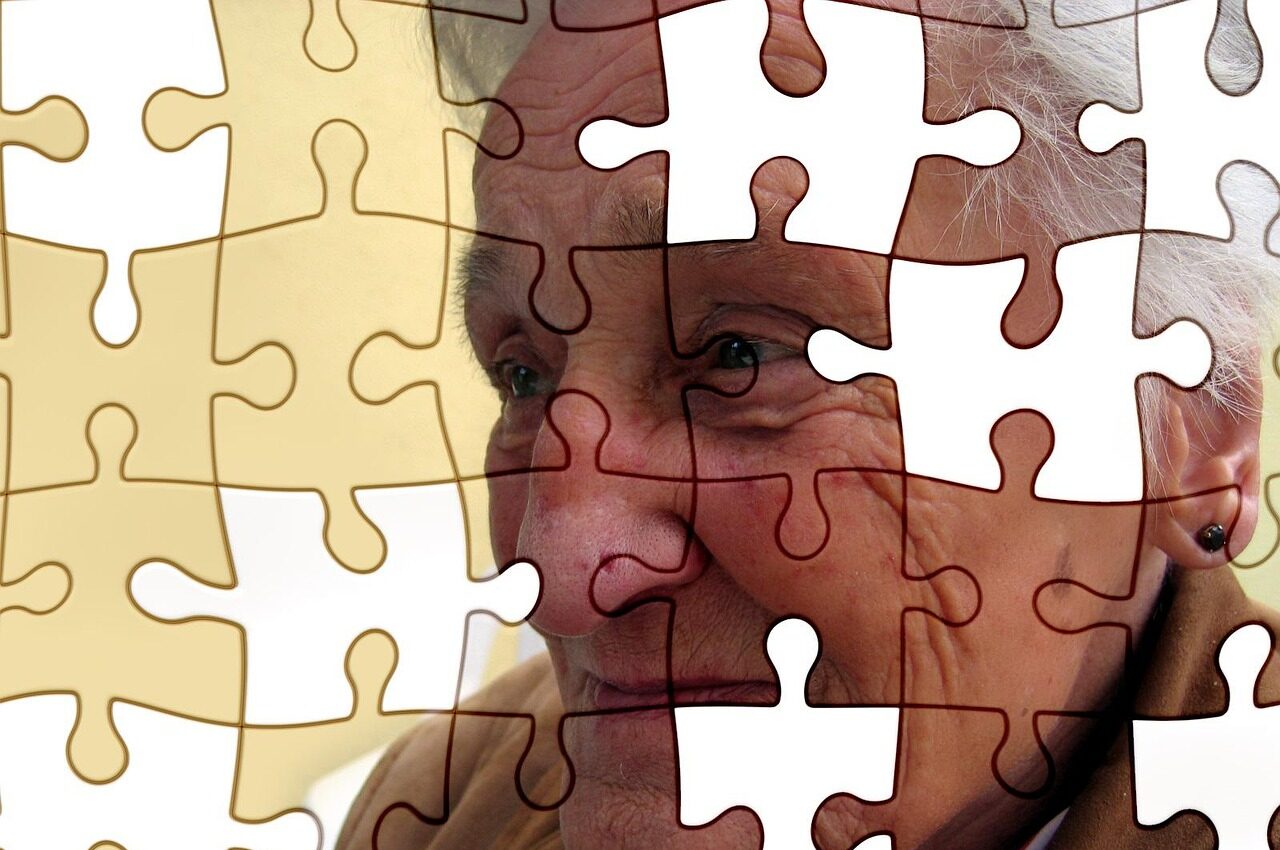A few years ago, I worked with a man named Jarred who recounted a strange and scary experience.
He described being in the middle of a work trip when out of the blue, it felt like his heart literally dropped from his chest into his stomach. That was the best he could do at a description of the sensation he experienced, although he said for the rest of the trip he had what felt like a butterfly fluttering in his chest.
Jarred is particularly diligent about maintaining good health (and everything else), so when he arrived home, he went straight to his doctor. After several tests, he was determined to be in excellent condition on all fronts.
So, what was that feeling?
According to his doctor, it was an anxiety or panic attack.
After explaining that he’s not anxious, he doesn’t panic, and he feels in control of everything he can be in his life, his doctor explained that he was dealing with what’s called high-functioning anxiety (HFA).
What Is High-Functioning Anxiety?
High-functioning anxiety is a type of anxiety that is often overlooked because those who suffer from it appear to be functioning well in their daily lives. In fact, many of us are successful, focused, and highly productive.
And most people with HFA don’t even realize they’re experiencing anxiety at all.
High functioning anxiety (HFA) means that you tend to be pretty good at ensuring no one can see your anxiety – including you.
Individuals with high-functioning anxiety constantly battle their inner thoughts and fears, but these battles are mentally tagged as normal and used to drive personal productivity. The problem is that your body eventually will recognize what your head dismisses or mislabels, leading to physical symptoms.
Some of the physical manifestations of HFA can include,
- Headaches
- Insomnia
- Digestive issues
And, as in my patient’s case,
- Changes in heart and respiratory function
People with HFA may also struggle with perfectionism and overachieving to mask anxiety. While they may appear to have it all together on the outside, they often struggle on the inside.
What Does Anxiety Look Like If I Don’t Feel Anxious?
High-functioning anxiety affects people socially, in relationships, and in the workplace.
HFA may not be easy to recognize because those suffering from it are likelier to ignore the symptoms.
But individuals with high-functioning anxiety may experience the following symptoms:
- Feeling nervous or restless
- Regularly feeling tense
- Sense of impending danger or doom
- Increased heart rate, breathing rapidly (hyperventilation)
- Feeling too tired to be social or attentive to relationships
- Trouble concentrating or thinking about anything other than current projects
- Trouble sleeping
However, those with high-functioning anxiety may also demonstrate traits such as,
- Being a high achiever
- Highly organized
- Detail-oriented
- Outgoing personality
- Being well respected
- Extremely responsible
- Being a leader
These positive, productive traits can easily mask the symptoms of anxiety, leading to – you guessed it – high-functioning fear.
I’m HIGH Functioning – Why Should I Care About Anxiety I Don’t Feel?
One of my Jerrad’s biggest questions was, “Why should I care if I’m doing fine and don’t realize I’m anxious?”
Because when a tree falls in the woods, it does, in fact, make a sound. And whether you recognize your anxiety or not, it’s negatively affecting you.
High-functioning anxiety can significantly affect an individual’s physical and mental health if left untreated. It can weaken the immune system and increase the risk of getting sick.
Additionally, anxiety increases the risk of,
- Depression, digestive problems
- Muscle tension and pain
- Heart disease
- High blood pressure
- Weight gain
The symptoms of high-functioning anxiety affect the person suffering as well as those they love or are close to.
Anxiety affects many areas of life, including your relationships. Unrecognized anxiety can make day-to-day life more challenging and interfere with your ability to communicate and connect with other people. Eventually this can lead to,
- Disruptions in friendships
- Growing apart from your spouse or partner
- Feeling disconnected from family
All of which can result in loneliness and, eventually, depression.
As noted at the beginning of this article, HFA can and will also take a toll on our physical health.
What To Do If You’re Dealing With HFA
It’s important to understand that everyone experiences anxiety differently. Not everyone will have every symptom. This variance and the tendency for individuals with HFA to ignore the symptoms can make managing high-functioning anxiety challenging.
But many strategies can help. Some of the most effective ways to manage high-functioning anxiety are,
- Practice Self-Care. Taking care of yourself is crucial when you have high-functioning anxiety. This can include getting enough sleep, exercising, eating a healthy diet, and practicing relaxation techniques such as deep breathing or meditation.
- Realistic Goals. People with high-functioning anxiety often set extraordinarily high or unrealistic goals for themselves, increasing their anxiety levels. Setting realistic goals can help you feel more in control and reduce anxiety.
- Mindfulness. Practicing mindfulness means being fully present in the moment. Focusing on the present rather than worrying about the future or ruminating about the past can help reduce anxiety.
- Prioritizing friends and family. Social support is essential for overall mental health. Spending time with friends and family can help you feel less isolated and reduce anxiety.
- Staying organized. People with high-functioning anxiety often feel overwhelmed by disorganization. Maintaining organization can help reduce feelings of being overwhelmed and anxious.
- Professional help. A mental health professional can help you manage your anxiety by providing you with tools and helping you build skills to manage your symptoms.
Remember, managing high-functioning anxiety requires patience and persistence. Finding the best strategies for you may take time, but with time and practice you can learn to manage your anxiety and live a peaceful life.
—
iStock image
The post What Do You Mean I’m Anxious? I’ve Got Everything Under Control appeared first on The Good Men Project.
Original Article










